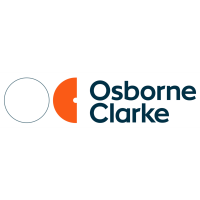UK Employment Law Coffee Break: April Changes, Tribunal Anonymity & Fraud Prevention
Welcome to our latest Coffee Break in which we look at the latest legal and practical employment law developments impacting UK employers. April employment law changes and new Vento bands published April sees a number of changes that affect employers coming into force (see here and here for our earlier Coffee Breaks), including increases to the national minimum wage rates and other statutory payments, as well as the new statutory right to neonatal leave and pay. New Presidential Guidance on Employment
Are you prepared for the Failure to Prevent Fraud offence?
The new corporate criminal offence of "failure to prevent fraud" is set to reshape the compliance landscape for commercial organisations. Building on the foundation laid by the Bribery Act, this offence holds companies accountable for fraudulent activities carried out by associated persons for their benefit. With its broader scope and stringent requirements, understanding the implications and preparing for compliance is crucial. In this Insight we address some of the most common questions regarding this



